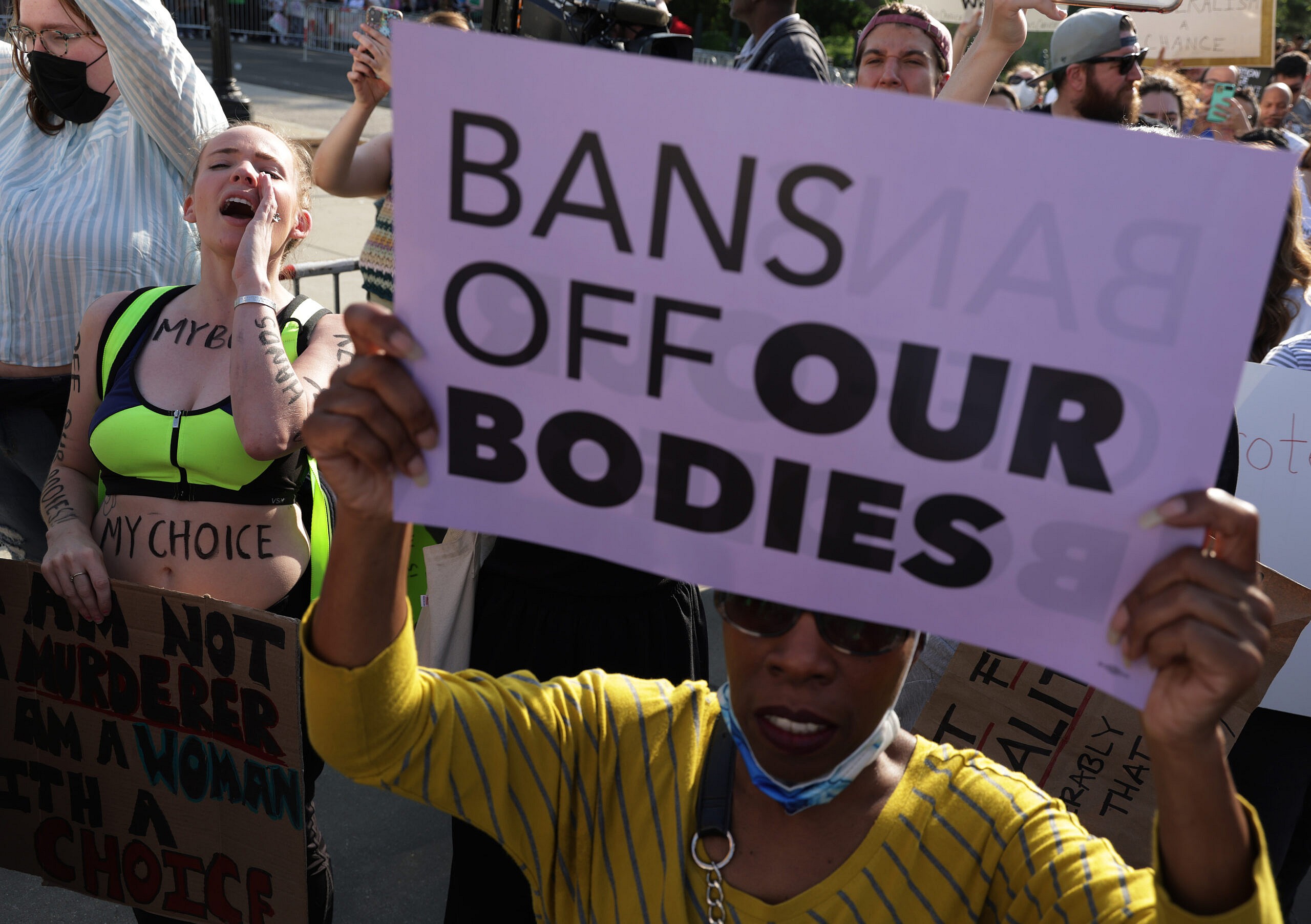Advocates tell theGrio a ruling from a conservative court could greatly harm pregnant women and people of color if the Supreme Court does not hear an ongoing case about access to a popular abortion pill.
The U.S. Justice Department called on the Supreme Court to take on the controversial issue that has become the biggest legal battle on abortion since the overturning of Roe v. Wade. The department filed a petition last week and asked the high court to hear oral arguments for and against the use of the abortion drug mifepristone.

The filing came nearly a month after the 5th U.S. Circuit Court of Appeals in Louisiana ruled that the public is permitted to use the abortion pill but with restrictions. Those restrictions include prohibiting pregnant women from receiving mifepristone in the mail and requiring those in states where abortion is banned or restricted to travel to retrieve it.
Earlier this year, the Supreme Court issued an emergency stay to permit the use of mifepristone without restrictions. However, if the court does not intervene, advocates say the 5th Circuit’s ruling could have devastating impacts on Black and brown communities.
“It’s so shocking that we’re here,” Melissa Fowler, chief program officer at the National Abortion Federation, told theGrio. “We shouldn’t be in this place. This case is so meritless and absurd, and the science is really clear that mifepristone is safe.”
Following the overturning of Roe v. Wade, which struck down a nearly 50-year precedent on abortion protections on the federal level, the Alliance Defending Freedom, a Christian legal advocacy group, filed a motion to either have mifepristone removed from the shelves or restrict its availability to the public last year.
In March 2023, a federal judge in Texas heard the case and, in April, ruled in favor of the conservative Christian group, prompting the Department of Justice and other advocate groups to take action.
In a statement provided to theGrio, Angela Vasquez-Giroux, NARAL vice president of communications and research, said the 5th Circuit’s ruling “is a purely political play that ignores science, data, and common sense.”
She added, “We are already seeing the consequences of the Dobbs decision impacting Black people and people of color the most, and we can expect that to get exponentially worse if the Supreme Court intervenes in this lawsuit.”

Alexis McGill Johnson, president and CEO of Planned Parenthood Federation of America, said in a statement provided to theGrio that if the ruling is allowed to stand, it would be catastrophic for communities of color.
“Black, Latino, and Indigenous people would be most impacted due to the systemic and structural racism that pervades health care and creates additional barriers to access,” said Johnson.
She added, “People living in rural communities, LGBTQ+ and young people will also face additional hurdles to abortion access if this ruling becomes law.”
The Department of Justice argued mifepristone should remain widely available without restrictions because it is the “best method” to terminate early pregnancies.
The Food and Drug Administration also stated that the drug is safe and has been proven to be the most effective way to terminate a pregnancy, as theGrio previously reported.
“For over two decades, mifepristone has made it possible for more people to access abortion in the earliest stages of pregnancy with fewer barriers,” said Johnson. “Mifepristone is instrumental for people who live in medically underserved communities or face other limitations to accessing in-clinic abortions.”
Vasquez-Giroux of NARAL told theGrio that mifepristone is “even safer than Tylenol.”
“The National Partnership for Women and Families found that state-level abortion bans affect more than 15 million women of color in the U.S. — and medication abortion has been such an important method of care for folks living under these bans,” she said.
Fowler of the National Abortion Federation told theGrio, “Medication abortion accounts for more than half of the abortions to date.”
“We know this is an option that a lot of people choose and that people have safely and effectively used for years,” she said.
If the 5th Circuit Court’s ruling is upheld, Fowler said, “some people will be forced to continue a pregnancy that they do not want.”
According to reports, if the Supreme Court decides to grant certiorari to the DOJ’s petition, the earliest it will take on the case is sometime next year, putting to bed a long-contested matter in the middle of the 2024 elections.
TheGrio is FREE on your TV via Apple TV, Amazon Fire, Roku and Android TV. Also, please download theGrio mobile apps today!

